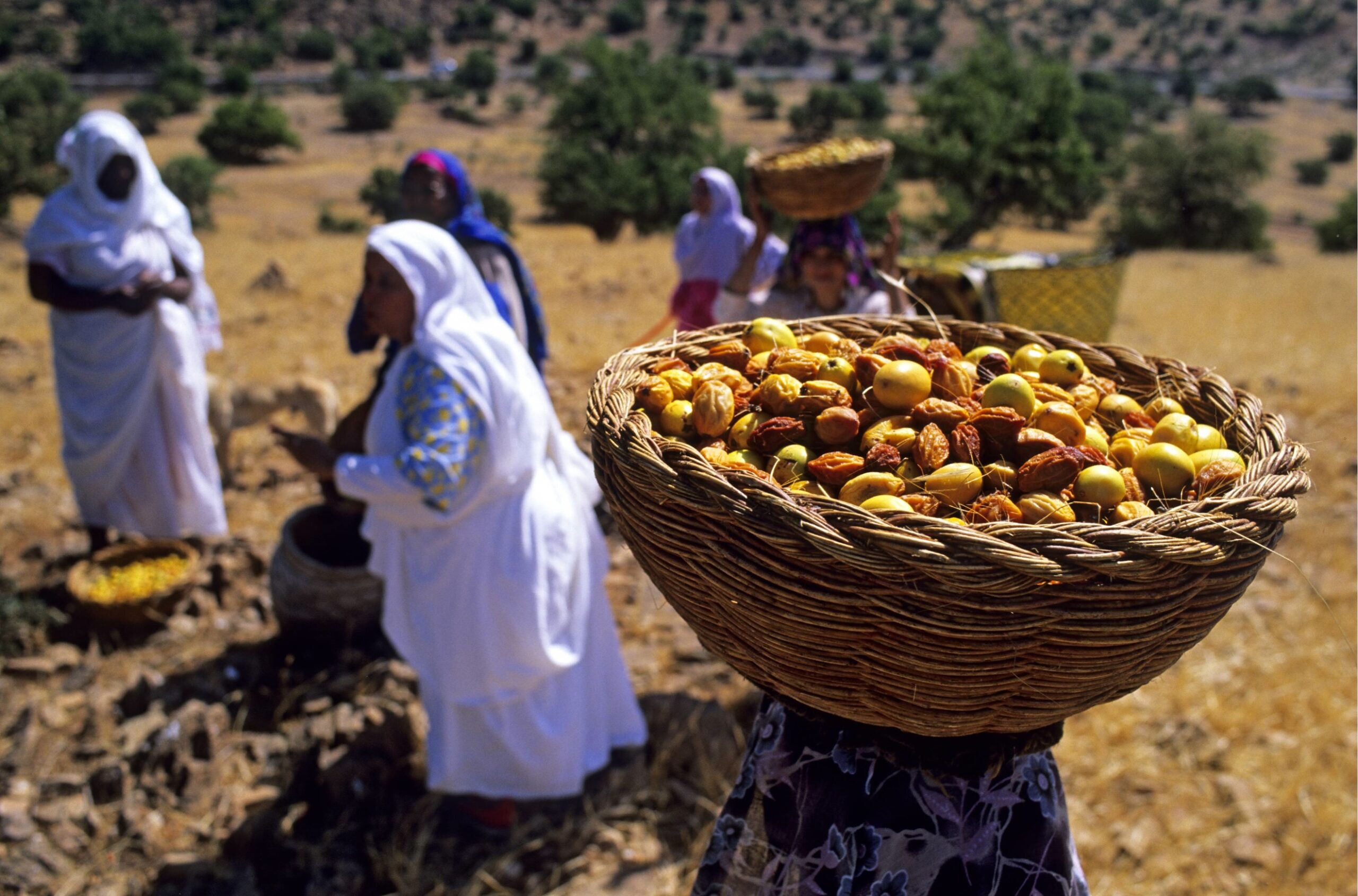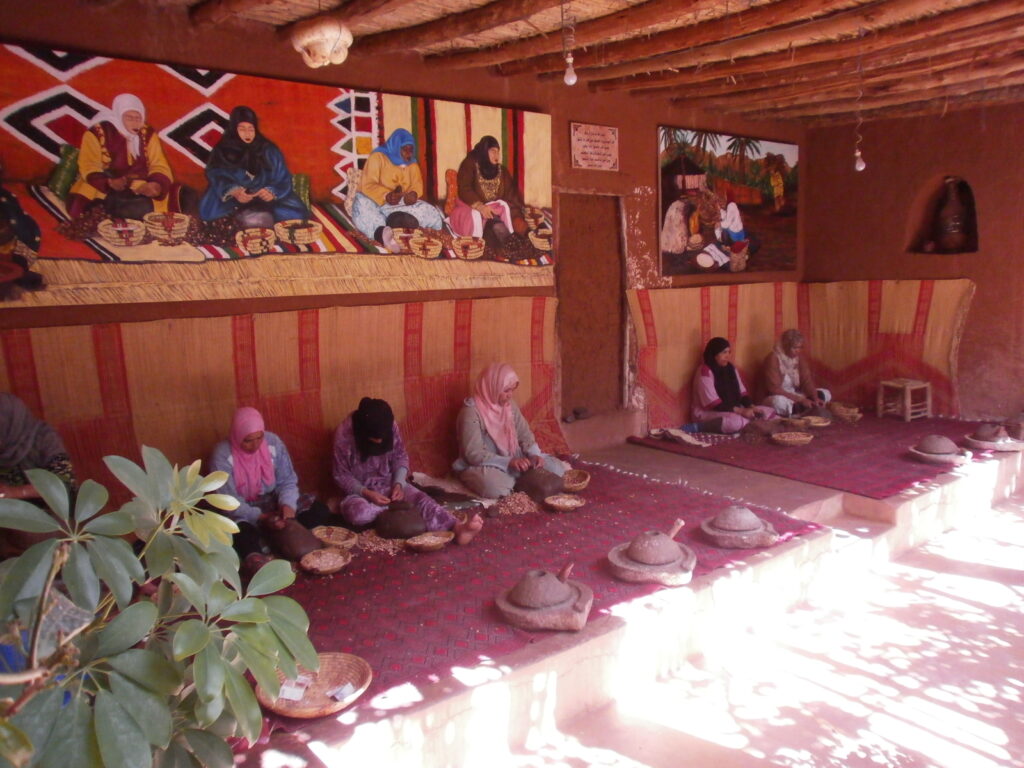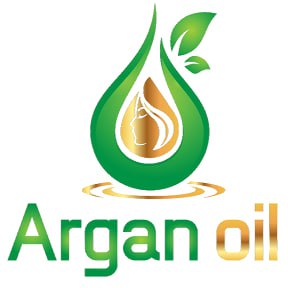Argan oil is one of Morocco’s most treasured natural products, known for its incredible benefits for skincare, haircare, and overall well-being. However, producing high-quality argan oil sustainably and ethically is a challenge that responsible producers must address. In this article, we’ll explore how argan oil producers maintain sustainability and ethical sourcing while preserving the environment and supporting local communities.
Sustainable Harvesting of Argan Oil
The argan tree (Argania spinosa) grows exclusively in Morocco, particularly in the Arganeraie Biosphere Reserve, a UNESCO-protected area. Sustainable harvesting practices are crucial to ensure the tree’s longevity and maintain biodiversity in the region.
- Traditional Hand-Processing: Local Berber women carefully collect fallen argan fruits instead of cutting down branches, preserving the trees.
- Agroforestry Practices: Producers encourage reforestation and cultivate argan trees alongside other crops to prevent desertification.
- Organic Certification: Many ethical brands ensure their oil is free from pesticides and chemicals by obtaining organic certification, such as ECOCERT.
Ethical Sourcing & Women’s Cooperatives
Ethical sourcing is at the heart of argan oil production. Many producers collaborate with women’s cooperatives in Morocco, providing fair wages, safe working conditions, and empowerment opportunities.
- Fair Trade Certification: Ethical brands work with organizations like Fair Trade International to guarantee fair compensation for producers.
- Economic Independence: Women involved in argan oil production gain financial independence, allowing them to invest in their families and communities.
- Transparency in Supply Chains: Companies committed to ethical sourcing maintain full traceability of their supply chain to ensure fair practices.
The Environmental Impact of Argan Oil Production
Sustainability goes beyond ethical labor—it also includes environmental responsibility. Here’s how argan oil producers minimize their ecological footprint:
Water Conservation
Morocco’s climate is arid, making water conservation essential. Sustainable producers:
- Use dry-processing techniques to minimize water usage.
- Implement rainwater harvesting systems to support production facilities.
Zero Waste Approach
Argan oil production generates byproducts such as argan shells and press cake. Sustainable brands repurpose these materials:
- Animal Feed: The leftover press cake is a nutritious supplement for livestock.
- Cosmetic & Skincare Use: The shells are often ground into exfoliating powders for beauty products.
Supporting Local Communities Through Ethical Trade
Sustainability is also about social impact. Ethical producers invest in local communities by:
- Funding education programs for women and children.
- Supporting healthcare initiatives in rural areas.
- Encouraging business training for cooperative members to enhance their skills.
Choosing Ethically Sourced Argan Oil
If you’re looking to support sustainability and ethical trade, here’s how to ensure you’re buying responsibly sourced argan oil:
- Look for certified organic and fair trade labels.
- Check the brand’s transparency regarding its sourcing and labor practices.
- Opt for brands that partner with women’s cooperatives in Morocco.
For high-quality, ethically sourced argan oil, visit Argan-Oil.ma, a trusted source for pure and sustainable argan products. You can also explore Group-Oriental.ma for a range of ethically sourced Moroccan beauty products.
Conclusion
Sustainability and ethical sourcing in argan oil production are vital to protecting the environment and ensuring fair treatment of Moroccan communities. By choosing ethically sourced argan oil, consumers can support responsible producers who prioritize environmental conservation and social impact.
For more information on sustainable argan oil production, visit:
- UNESCO’s Arganeraie Biosphere Reserve
- The Fair Trade Federation
- The Moroccan National Initiative for Human Development
By making conscious choices, we can all contribute to a more ethical and sustainable beauty industry.
Related Articles:



